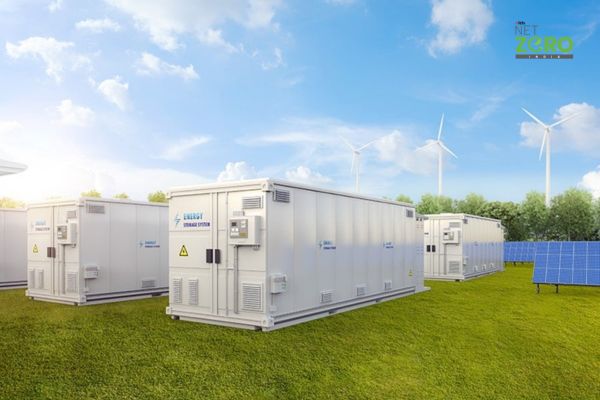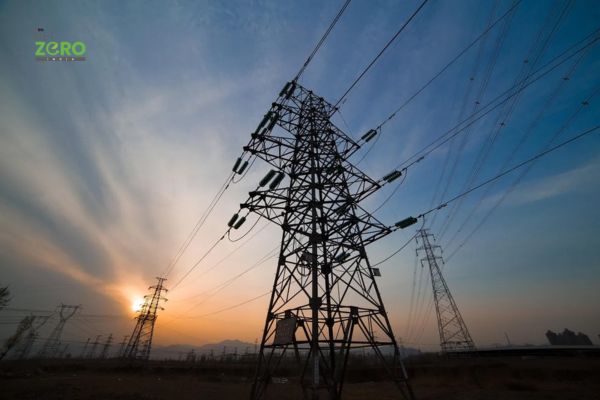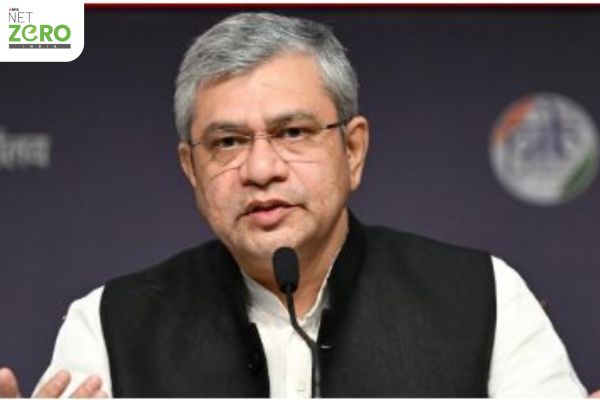
In a major shift for India’s power sector, Battery Energy Storage Systems (BESS) operating without fixed contracts—known as merchant BESS—have become commercially viable, driven by an 80% decline in costs and a fivefold surge in revenue potential over the last decade, according to a new report by energy think tank Ember.
The cost of BESS has plummeted from ₹79 lakh per megawatt-hour (MWh) in 2015 to ₹17 lakh/MWh in 2025. At the same time, merchant BESS revenues have jumped from ₹5 lakh/MWh to ₹24 lakh/MWh.
The report marks 2024 as a turning point, with merchant battery revenues surpassing their costs for the first time.
“Merchant BESS, once seen as a low-return bet, is now a bankable asset,” said Ember Energy Analyst Duttatreya Das, co-author of the report. He noted that falling battery prices and rising volatility in the wholesale electricity market have made such systems financially attractive.
Battery systems typically charge during sunny hours when electricity is cheap and discharge during peak demand, allowing operators to capitalise on price fluctuations. The report highlights increasing volatility in the day-ahead market (DAM), where peak prices now regularly approach the ₹10/kWh cap, while midday prices have dipped by 20% between 2022 and 2024—sometimes even hitting zero in summer 2025.
Das stated that this trend is likely to intensify as solar capacity grows and thermal plants operate at lower loads during the day.
As India integrates more variable renewable energy into its grid, the report concludes that battery storage will play a critical role in balancing supply and demand.
Be a part of Elets Collaborative Initiatives. Join Us for Upcoming Events and explore business opportunities. Like us on Facebook , connect with us on LinkedIn and follow us on Twitter, Instagram.
"Exciting news! Elets technomedia is now on WhatsApp Channels Subscribe today by clicking the link and stay updated with the latest insights!" Click here!













